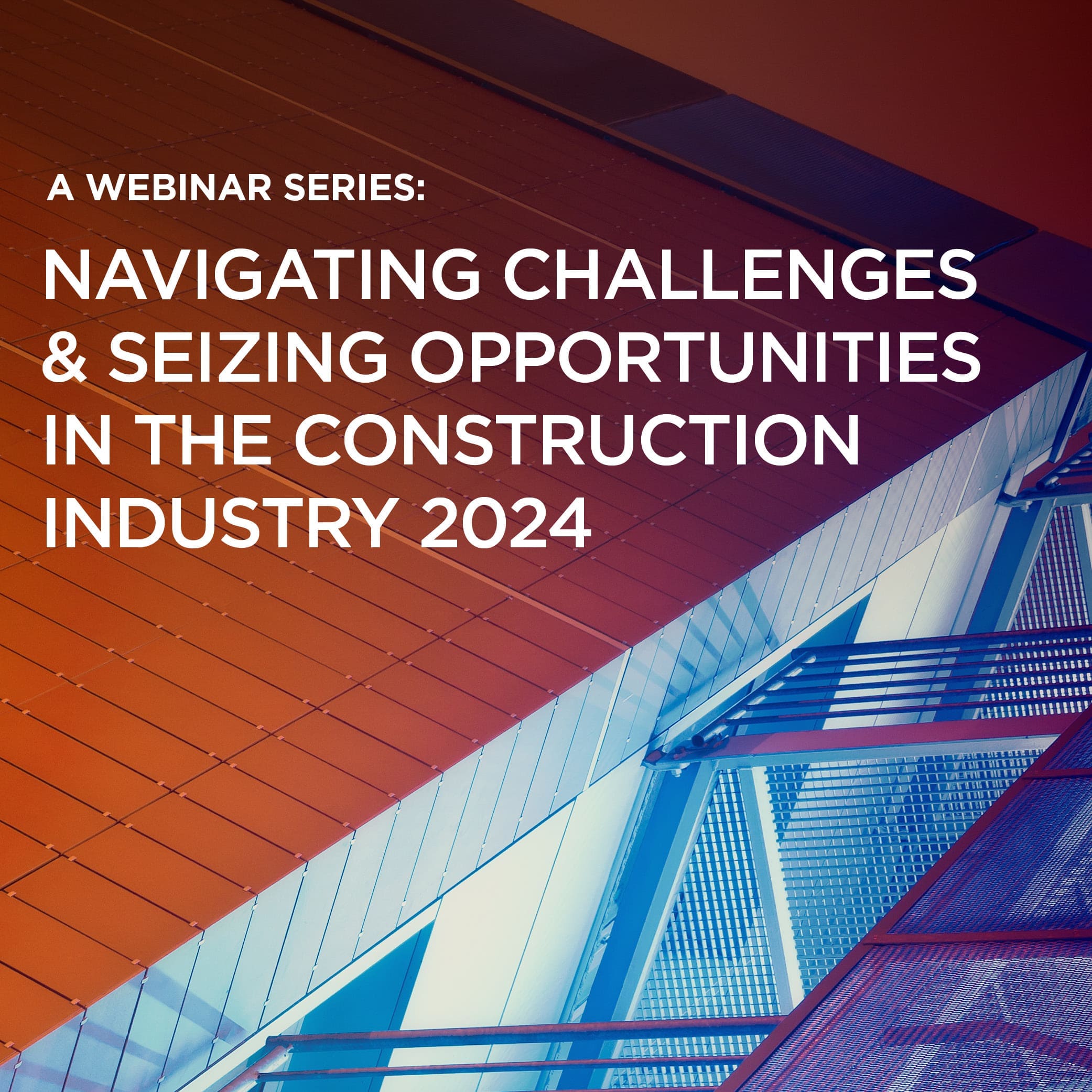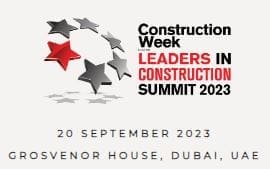
This year we’re hosting four in-person seminars over two days, giving you a practical introduction to key business areas and challenges you are likely to encounter in your early career. Each session will provide a clear overview of the legal, regulatory, claims and coverage essentials you need to know.
Further details on each of the sessions can be found below. If you are interested in signing up to any of the sessions, please email events@beale-law.com.
Wednesday 26 March 2025, 2:30pm – 7:15pm
Introduction to Insurance with a Legal and Regulatory overview & Insurance Policies, Coverage Issues and likely areas of challenge
Session 1 seminar: Introduction to Insurance with a Legal and Regulatory overview – 3pm – 4pm
In this seminar, Partner Joe Eizenberg covers the below topics:
- London Company market
- London Lloyd’s market
- Producing/placing brokers
- Principal classes of business written
- Reinsurance
- Market security
- Insurance underwriting process
- Distribution channels including delegated underwriting
- Insurance Act
- Consumer Insurance laws
- Commercial Insurance laws
- Dispute Resolution including the FOS
- ICOBs, TCF and complaints
Session 2 seminar: Insurance Policies, Coverage Issues and likely areas of challenge – 4.15pm – 5.15pm
In this seminar, Partner Joe Bryant covers the general principles surrounding any review of a Professional Indemnity Policy.
- Basic policy structure
- Wording
- Schedule
- Endorsements
- Slips
- Insuring clause
- Exclusions
- Warranties
- Common terms and conditions
- Conditions precedent to Policy response
- Notification
- Third Party Rights Against Insurers
Thursday 3 April 2025, 2:30pm – 7:15pm
Introduction to Professional Indemnity Insurance & Introduction to Insurance with a Legal and Regulatory overview
Session 1 seminar: Introduction to Professional Indemnity Insurance – 3pm – 4pm
In this seminar, Senior Associate Michael O’Brien covers the below topics:
- Overview of Professional Indemnity Insurance
- “Claims Made”
- Civil Liability Clauses
- In Course of Professional Business
- Regulatory Cover/ Bodies
- Consumer Protection
- Overview of the Professions
- Solicitors
- Accountants
- Surveyors
- Brokers
- IFAs
- Education
- Construction
Session 2: Introduction to Other Insurance Classes – 4.15pm – 5.15pm
In this seminar, Partners Ross Baker and Nathan Penny-Larter cover the below topics:
- D&O
- Scope of cover
- Common extensions to cover
- Common exclusions
- Double insurance issues
- Common coverage issues
- Common types of claims and claimants
- FI

You are invited to join us for a webinar that will explore the long-awaited Procurement Act 2023, which is due to go live this year.
The Act will overhaul many of the existing rules which govern the award of public and utilities contracts.
Paul Henty, Partner and Head of Beale & Co’s Public Procurement Practice, will explore the new laws and how they impact suppliers, the risks of falling foul of curtaining requirements and how you can prepare for the changes.
Topics included in the webinar:
– How the new laws will impact suppliers.
– The rights of suppliers under the new regime.
– Risks associated with non-compliance.
For more information or to sign up for the event please click here

The Building Safety Act 2022 has undoubtedly been the biggest shake up of building safety regulation since the Building Act 1984.
With the conclusion of the transitional arrangements due on 6 April 2024, we invite you to join our esteemed construction health and safety lawyers Joanna Lewis, Michael Salau and Andrew Croft for a webinar offering some high-level guidance on how to prepare your business for the new requirements.
Topics included in the webinar:
– A brief background to the Building Safety Act
– The Defective Premises Act – Limitation Periods and Building Liability Orders
– Duty Holder Regime
– Competency
– Higher Risk Building Procedures
– Approach to contracts:
- What we are seeing
- Recommended approach
– Other risk management
For more information or to sign up for the event please click here

In this webinar, we will provide a quick recap of some of the core fundamentals to be aware of, as well as an update on adjudication case law and the implications on claim preparation and pitfalls.
Statutory adjudication was one of the mechanisms introduced with the aim of helping to speed up the resolution of disputes and cash flow issues on live projects, and to minimise associated delays or risks. By its nature adjudication is often viewed as a quick way to determine disputes and influence future communications or actions between parties, however there are occasions when the parties seek clarity or enforcement via the courts.
Topics included in the webinar:
- Fundamentals of bringing/defending an adjudication
- Recent case law
For more information or to sign up for the event please click here

You are invited to join us for a webinar that will explore the latest changes made in the 2024 JCT suite of contracts, focusing on the Design and Build family of contracts.
Topics included in the webinar:
– Explaining the main changes introduced in the 2024 Edition
– Highlighting key commercial and legal risks
– Identifying ‘next steps’ for clients, main contractors and sub-contractors using the suite of contracts
– Consider the likely impacts of these changes on procurement and industry standard schedules of amendments
For more information or to sign up for the event please click here
![Lendlease Construction vs AECOM [2023] EWHC 2620](data:image/svg+xml;base64,PHN2ZyB3aWR0aD0iMSIgaGVpZ2h0PSIxIiB4bWxucz0iaHR0cDovL3d3dy53My5vcmcvMjAwMC9zdmciPjwvc3ZnPg==)
The two leading lawyers on AECOM’s landmark case, Partner Sheena Sood (Beale & Co) and Lynne McCafferty KC (4 Pump Court), along with Partner Andrew Croft (Beale & Co) will delve in to the key issues which regularly feature in construction and professional indemnity claims.
Topics included in the webinar:
- Execution of a contract as a deed
- Contractual limitation periods
- Reasonable skill and care vs flow down of strict obligations
- Circumstances in which a continuing duty to review, advise or warn will arise
- Responsibility for the designs of others
- Recoverability of prior settlements
For more information or to sign up for the event please click here

We are delighted to be Bronze Sponsors of the Black Counsel Forum 2023!
Taking place on the weekend of Saturday 30 September – Sunday 1 October at the Hilton Brighton Metropole, this event empowers us to redefine the legal landscape through inspiring sessions, engaging keynotes and interactive workshops.
Partner Michael Salau will also be speaking at the event on the ‘Associates Track: Interactive Case Study’ panel on the Saturday at 1pm.
For more details on the event please visit the website here.

We are delighted to be a Bronze sponsor of Construction Week Middle East’s Leaders in Construction Summit 2023.
Taking place in Dubai on 20 September, the Summit aims to bring together industry experts to share their insights on the latest trends and technologies that will help drive net-zero strategy and achieve UAE’s Vision 2031.
Lyndon Richards, Partner in our Dubai office, is speaking at the Summit on the panel ‘Arising opportunities in the GCC construction sector amidst changing regulations by the government’. He will also be joined by other members of the team Claire Miller, Jeremy Russell, Natalie Ledger and Ilham Adan who will be attending the event.

As part of our Special Risks Week commencing 9th October, Partners Nathan Penny-Larter and Ross Baker are hosting an in person seminar where they will consider the landscape of the D&O Insurance market and the types of claims we see as trending over the next 12 months or so.
- The increase in personal and corporate insolvencies and director disqualification risks
- ESG-related claims
- High-profile litigation
- Concerns over the use of AI
- Increased focus on personal liability including from changes arising out of the Building Safety Act 2022
- The growth of the D&O market
If you would like more information on the event or would like to sign up, please email our events team at events@beale-law.com.

In response to the invasion of Ukraine, the UK and EU have swiftly imposed waves of sanctions against an increasing number of Russian entities and individuals. This has caused confusion and concern for construction and engineering companies involved in projects with a Russia dimension (in terms of client ID, financing or location). Within the past ten years, Russia has developed into an important market for construction opportunities. Despite that, guidance issued by Government bodies often fails to address the questions which construction and engineering companies have.
Their questions include:
- Can we be paid for services provided under a contract with a Russian client?
- Do we need to stop performing our contract? Could we be sued for suspension?
- Are we still insured for work carried out?
- What penalties could we face for breaching the sanctions rules? Are directors and employees at risk?
We know many construction companies feel left in limbo right now. Drawing on our experience of advising on the Russia sanctions rules, this Beale & Co webinar hosted by Paul Henty and Kathryn Willis will explain the application of the sanctions rules to the sector and deal with some of the FAQs which have been put to us by clients since the beginning of hostilities in Ukraine.
To download a copy of the slides, please click here.











